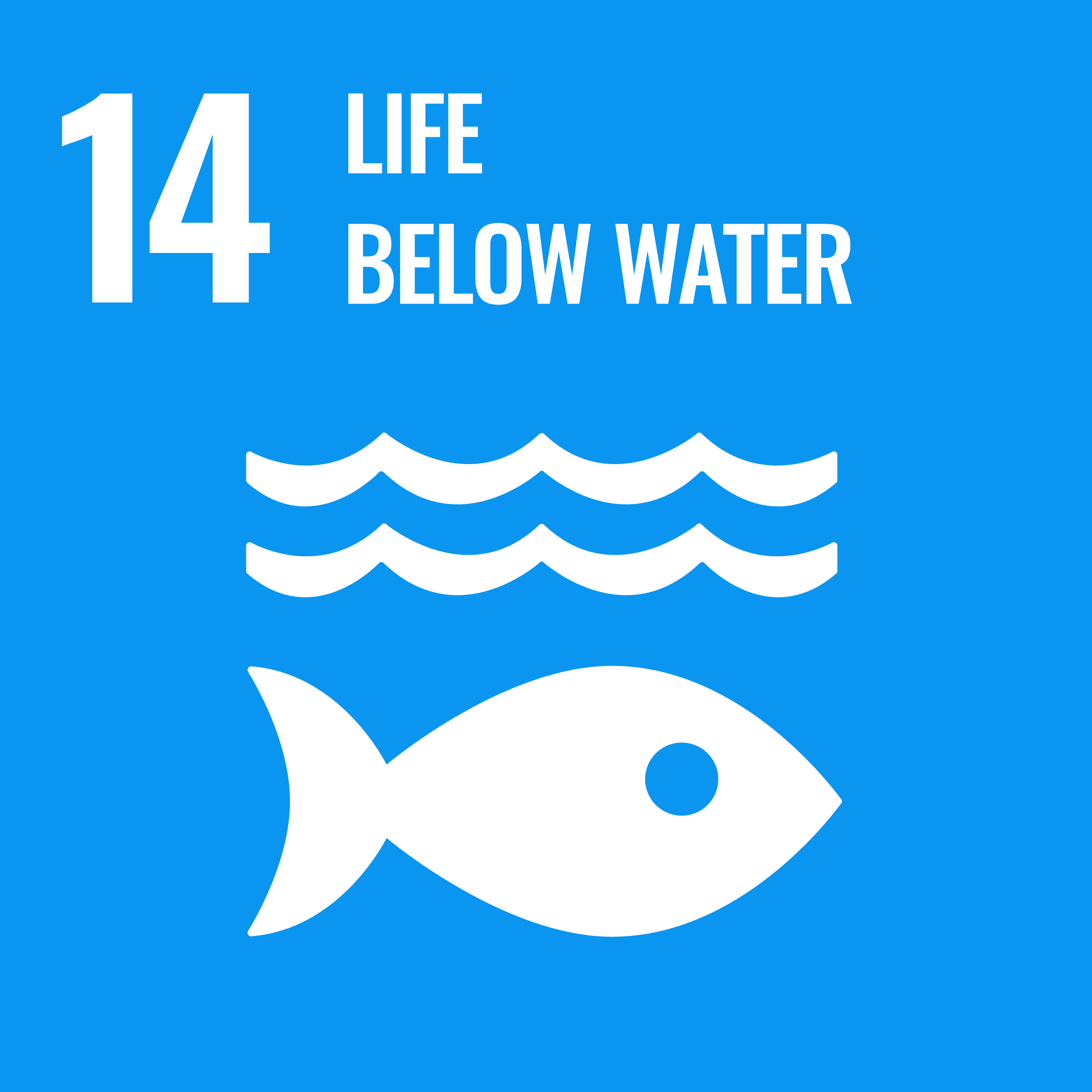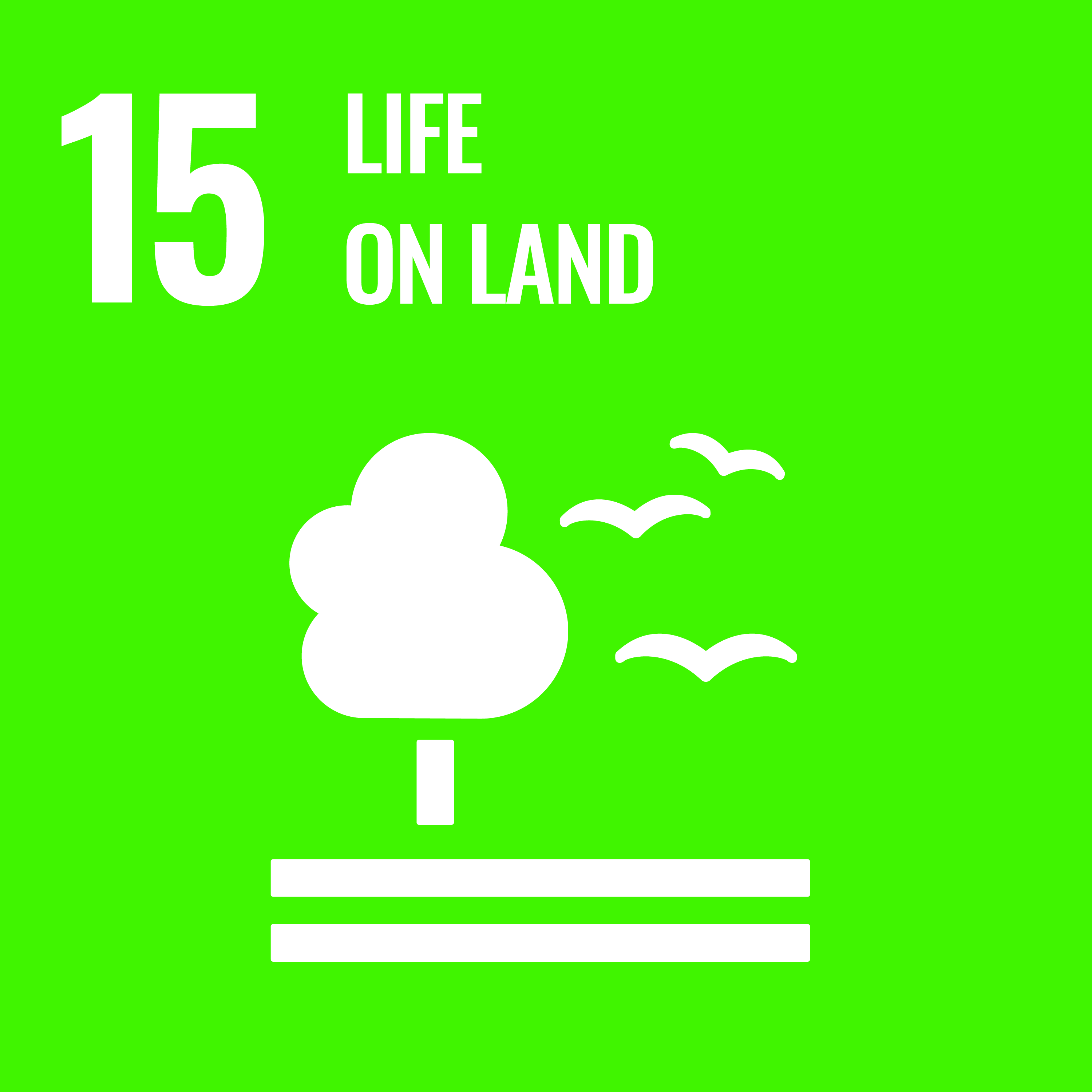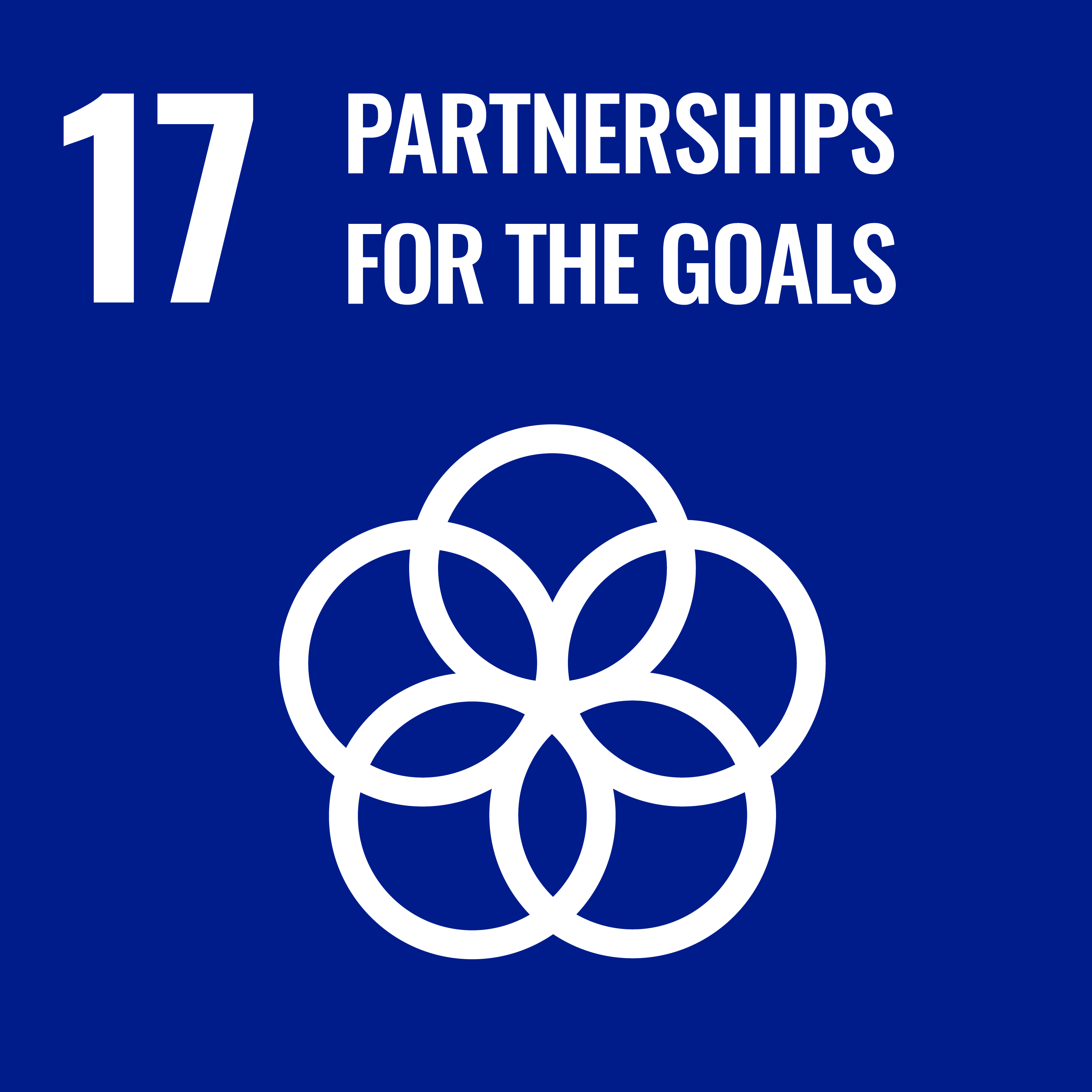Ecology and Biodiversity
We are committed to protecting, creating and enhancing the campus for wildlife
We deliver progress against our Sustainability Strategy goal to 'realise ecology and biodiversity net gain' through collaborative partnerships to identify and monitor biodiversity on campus, and implement habitat creation and enhancement projects. We also provide opportunities to enable students and staff to engage with our work and are starting to assess our impact on biodiversity off campus.
Learn more about the various aspects of our work and how you can get involved by clicking on the links below.
Our key highlights
Collaboration in practiceLink opens in a new window
Read case studies of our collaborative work with internal and external stakeholders.
Our Nature Positive pledgeLink opens in a new window
We have made a commitment to start a journey to halt and reverse nature loss, and to actively restore biodiversity and ecosystems affected by our activities.
Wildlife records on campusLink opens in a new window
The University's iNaturalistLink opens in a new windowplatform is a real-time record of what species have been recorded on campus through citizen science. This helps enhance our knowledge of what species are present on site, and incorporate these findingsLink opens in a new window into our current and future work on campus.
Our areas of impact
We are committed to protecting, creating and enhancing spaces for biodiversity across campus, whilst also incorporating the global Sustainable Development GoalsLink opens in a new window in our work. Find out more about what we do and how, by clicking on the tabs below.
Please scroll through the pages to learn more about our work.
Species surveys
Every year, we conduct various species surveys to gain a better understanding of what species use the diverse habitats that can be found on campus. Participation in most of these surveys is open to students and staff, and the sessions are advertised on our EventsLink opens in a new window page.
We strive to contribute to national databases and thus we share our survey results with the relevant organisations such as the Mammal Society, the Amphibian and Reptile Conservation Trust, the Riverfly Partnership and Butterfly Conservation. Where possible, we make our data available even more widely via the iNaturalist or iRecordButterflies apps.

Small mammal surveysLink opens in a new window
We have been working with Warwickshire Mammal Group since 2023.

Moth surveysLink opens in a new window
Since 2023, we recorded over 160 species on campus, including species that are in decline in the UK.

Riverfly surveysLink opens in a new window
We have been undertaking these surveys since 2024 with support from Warwickshire Wildlife Trust to contribute to the Riverfly Partnership initiativeLink opens in a new window.

Hedgehog footprint tunnel surveysLink opens in a new window
In 2024 the University was awarded the prestigious Gold AwardLink opens in a new window by the Hedgehog Friendly Campus initiative, recognising our work to provide habitats for hedgehogs and raise awareness of the issues they face and how we can all make a difference.

Amphibian and reptile surveys
This survey is still in its infancy although we know that we have common frogs, toads, grass snakes as well as smooth and great crested newts on campus.

Butterfly surveys
This is a new addition to our survey repertoire in 2025. Keep an eye on our News Link opens in a new windowfor updates at the end of the season. In the meantime, new sightings will be recorded on our iNaturalist pageLink opens in a new window.
Other ways we monitor biodiversity on campus:

Biodiversity WalksLink opens in a new window
Each year we organise several of these informal introductions to the fascinating biological diversity we have on campus. These walks not only boost one's wellbeing Link opens in a new windowbut also enable participants to learn more about birds, fungi, wildflowers, pollinators, among others, as well as citizen science.

Citizen science
Another way we encourage citizen science is by conducting mini-bioblitzes on campus using the iNaturalist Link opens in a new windowapp. We also participate in the annual City Nature Challenge Link opens in a new windowas part of a multi-stakeholder collaboration in the region.
If you would like to get started with iNaturalist, use our user guide Link opens in a new windowand if you have any questions, please feel free to contact us at sustainability@warwick.ac.uk or come along our next biodiversity event and we will be happy to help you.

Wildlife cameras
Our wildlife trail cameras Link opens in a new windoware deployed year-round to enable yet another non-invasive monitoring of wildlife on campus. This enables us to learn more about where, when and how wild animals use the site, including swans, egrets, pheasants, deer, badgers, hedgehogs and even led to the discovery of otters Link opens in a new windowon campus!




